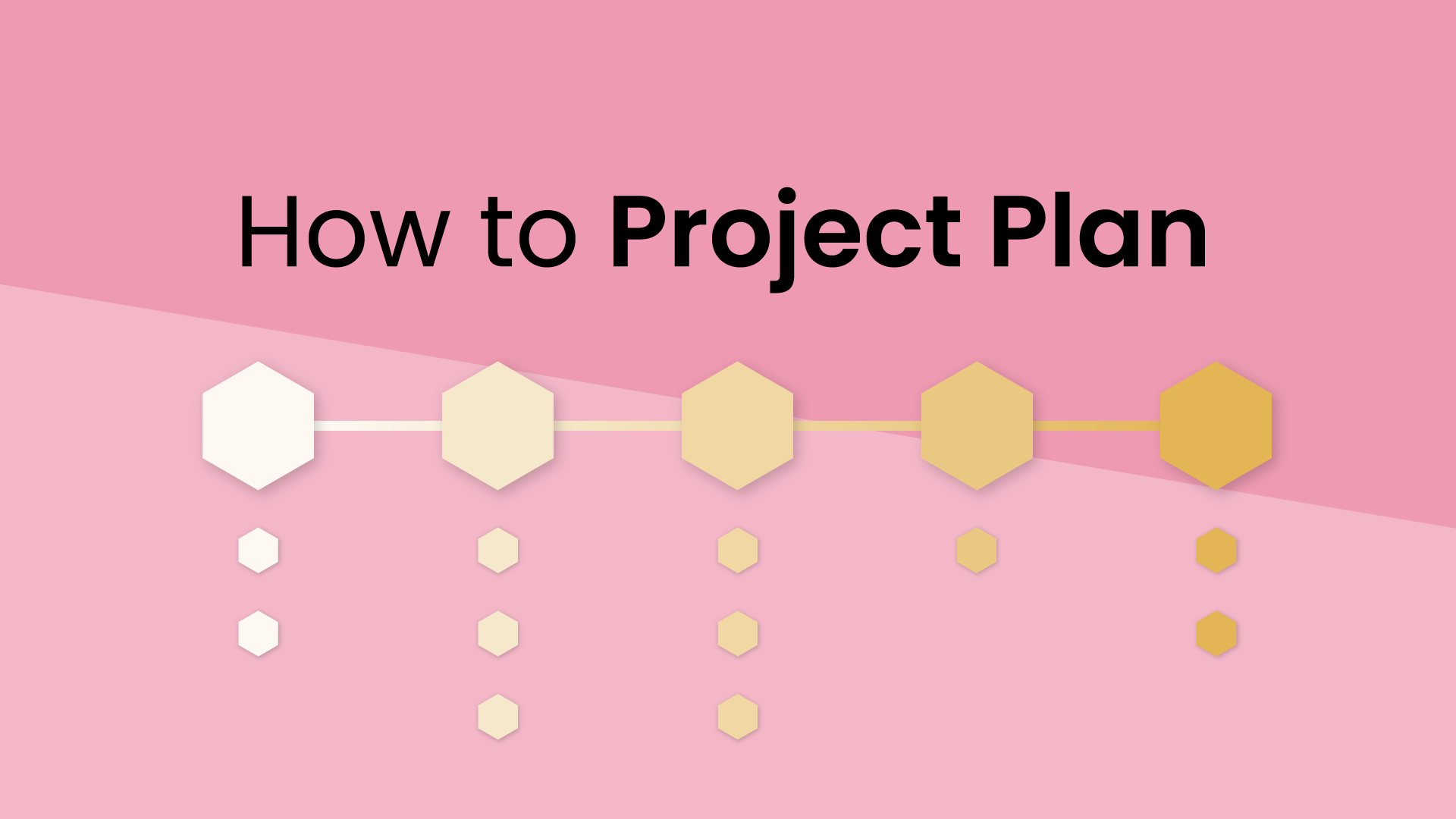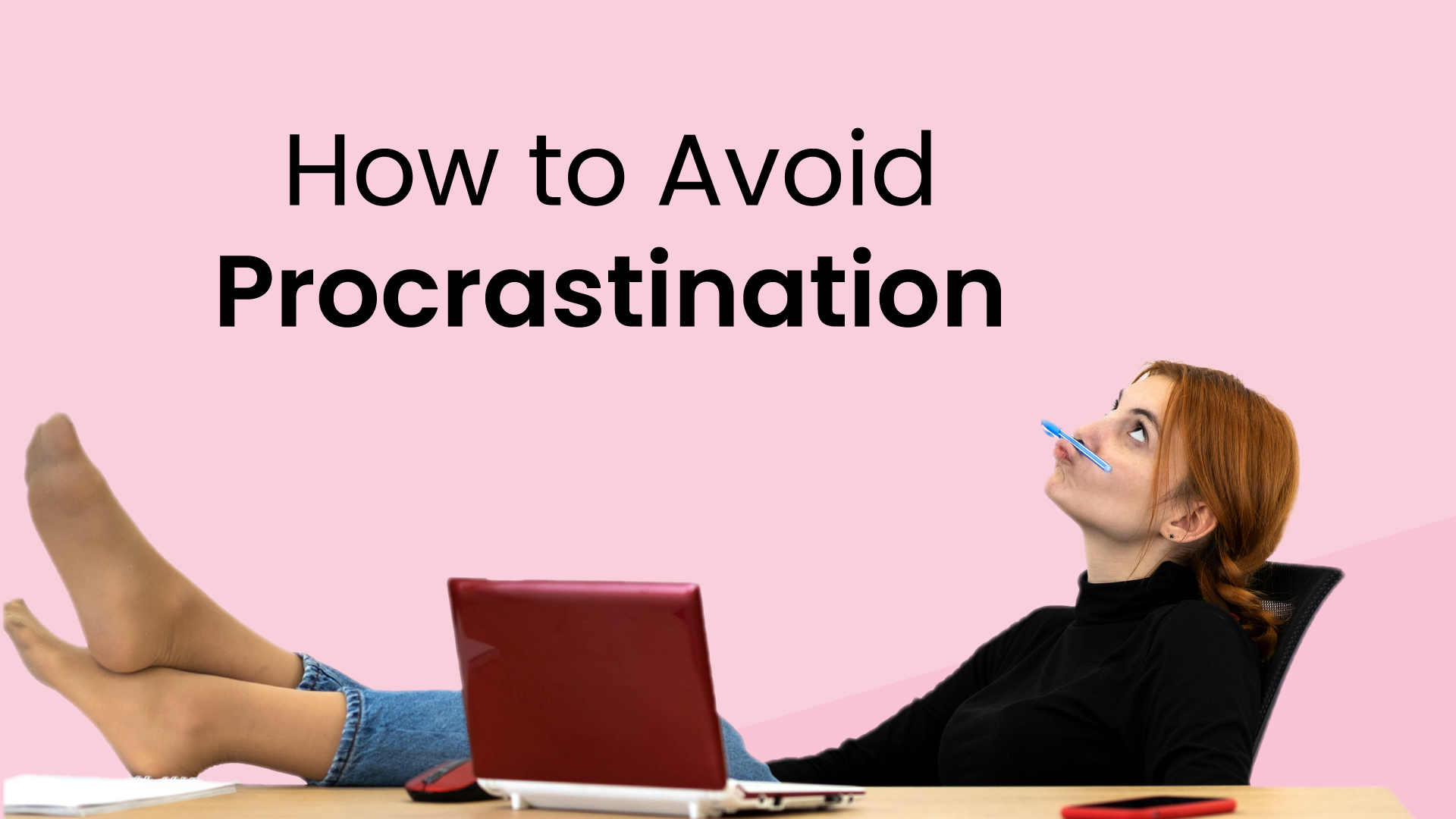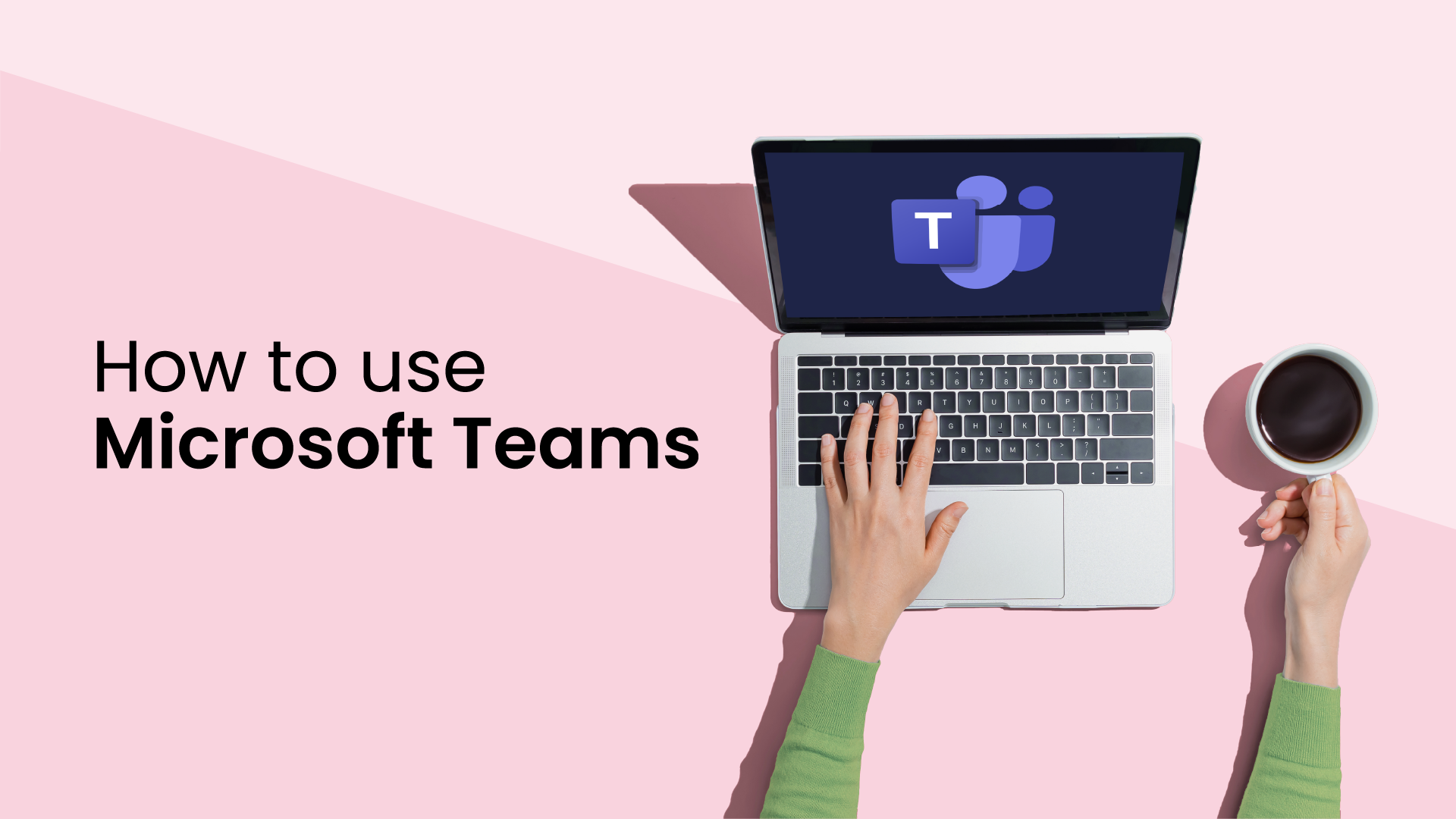
.png)
You’ve made it through another marathon day at work. You get home, or log off from your home-office, and make a beeline for the sofa that’s been calling your name all afternoon. Just for a minute though! There’s still that evening workout class you signed up for, a healthy dinner to cook, tidying up to do, and maybe some quality reading to get in.
An hour later, you’re still on the couch half-watching whatever came on. The workout class started 10 minutes ago, the ingredients for your healthy dinner sit neglected in the fridge, chores might as well be Mount Everest, and even opening a book feels like an impossible proposition. How is it possible that you feel even more tired since you got off work? Your day isn’t over, you’ve got big plans, and things to do! Maybe tomorrow (although that’s what you said yesterday).
Sound familiar?
Sometimes, an afternoon of doing absolutely nothing is exactly what you need. But what happens when you’re too tired to do anything after work, all the time? In this blog post, we’re going to take a look at the most common types of fatigue and their causes, and offer 5 tips to overcome and prevent exhaustion so you can do more of the things you want to do.
Why am I so tired after work?
Many professionals are familiar with the feeling of exhaustion, especially after a hard day’s work. But what exactly does it mean to be ‘tired’? Being tired means you are limited by a lack of energy and need of rest and recovery to recharge. But when you are consistently feeling tiredness or weakness, you are dealing with fatigue. Fatigue can be a physical or mental tiredness - or a combination of both - and presents in a wide range of symptoms.
Common symptoms of exhaustion:
- Aching or sore muscles
- Daytime drowsiness
- Trouble focusing or learning
- Gastrointestinal issues
- Headaches and nausea
- Irritability or moodiness
- Delayed response times
- Vision complications like blurriness
- Compromised immunity
- Executive dysfunction
- Lack of motivation and inspiration
- Feelings of apathy or depression
But here’s the catch! The word ‘tired’ has become an umbrella term to describe a variety of physical and mental states. The reality is, there are many different ‘types’ of fatigue that might afflict busy professionals. So instead of asking yourself, “why do I feel so tired?” – the first question should really be “what kind of tired am I feeling?”.
Chronic fatigue can be broken down into more specific categories based on your symptoms and experiences. This can help you more accurately pinpoint and address the root issues causing your feelings of exhaustion.
5 types of fatigue & their causes
Ok, so it’s not as simple as just ‘being tired’. But how do you figure out what type of exhaustion you’re dealing with? Common types of fatigue are divided into two categories: physical and mental. Let’s take a look at 5 common types of fatigue to better identify why you’re feeling tired after work.
Physical exhaustion - body tiredness & aches, depleted energy
Physical exhaustion is the kind of tired you might feel after an intense workout or strenuous physical labor. You might be physically overrun at your job, or pushing yourself too hard exercising on top of work. Excessive physical exertion can leave you with sore or injured muscles, and drained of the energy you need for tasks and activities at the end of the day.
If you are experiencing physical exhaustion but aren’t actively overworking your body, this kind of fatigue can also be a consequence of lifestyle choices. Poor diet, even mild dehydration, and alcohol or drug use can contribute to you feeling physically exhausted every day. Underlying medical issues like allergies or intolerances, anemia, chronic disorders, and other conditions can also cause fatigue and are worth getting looked at by a medical professional.
Lack of sleep - drowsiness, trouble focusing, irritability
Sleep is an unsurprising cause of fatigue. Still, it's underestimated by many professionals. In fact, 1 in 3 people don't get the recommended amount of sleep every night!
Tiredness caused by a lack of sleep - or low quality sleep - can leave you drained of physical energy to complete your daily activities. It can also result in mental symptoms like feeling groggy, emotional, and unfocused. In the long-term, a chronic lack of sleep increases risk for a wide range of serious health consequences including hypertension, diabetes, obesity, depression, heart attack, and stroke.
Mental exhaustion - lack of motivation, fatigued despite sleep
Mental exhaustion is caused by a chronic state of stress and exhaustion due to intense mental activity over a prolonged period of time.
This can look like an increased cognitive load at work with extra responsibilities, or an overwhelming high-pressure project on your plate. It can also be caused by decreased resources you need to function at your best – like not getting enough sleep or personal time to decompress and recharge. Your brain becomes overworked from running at its max for too long and starts to shut down, leaving you feeling exhausted and drained at the end of the day (even when you get enough sleep).
Emotional exhaustion - feelings of detachment, demotivation
Similar to mental exhaustion, emotional exhaustion happens when you are stretched too thin by draining emotional experiences.
This kind of fatigue can be caused by persistent stressors like imposter syndrome at work if you’re constantly worried that you’re going to get fired, or dealing with difficult feelings like grief from the loss of a loved one or the end of a relationship. These emotional experiences are incredibly tolling and can manifest as fatigue in your everyday life, especially on top of already exhausting workdays. Mental health conditions like depression, anxiety, or ADHD can also perpetuate emotional exhaustion, as you eventually wear yourself out trying to grit through challenging symptoms that might require additional treatment.
Burnout - no energy, feelings of cynicism & hopelessness
Burnout is an end stage of exhaustion caused by prolonged conditions of any of the above states of fatigue. And unfortunately, it’s not an uncommon syndrome in today’s work culture. The average burnout rate across industries was at 60.2% as of October 2022, with over half the workforce reporting being burnt out.
Job burnout is the result of chronic stress and overwhelm at work, leaving you feeling completely exhausted and unmotivated no matter how much you try to sleep. Without improvement, workplace burnout can push professionals to withdraw in their positions by quiet quitting, or entirely leave their jobs as seen in movements like The Great Resignation.
Even outside of work, constant mental exhaustion can lead to burnout in your personal life where your brain simply can't take on the unrelenting pressure of emotional stressors. This can leave you with feelings of emptiness, demotivation, and cynicism and apathy towards things you used to care about. In worst case scenarios, burnout can even trigger depressive episodes in some people.
5 tips to beat exhaustion & boost energy levels
When it comes to addressing fatigue in your life, identifying what may be causing the issue is the first step. Now, let’s take a look at 5 tips to help handle these types of fatigue so you can beat afternoon exhaustion and create more energy in your everyday life.
1. Prioritize your physical health
Investing in your physical health is key to preventing exhaustion and fueling your energy levels. Building a lifestyle around healthy habits like regularly eating nutritious meals, moving your body, and staying hydrated is all a part of improving and sustaining your energy levels.
Create a better work-life balance by actually scheduling time for these routines in your calendar every day. Too busy to plan out every minute? We get it. Smart apps like Reclaim.ai take the manual work out of time blocking by automatically finding the best time in your busy week for all the important habits you want to defend time for. No more putting personal priorities like eating a healthy lunch or taking a 10-minute walk on the backburner because you didn’t have time for a break!
Taking care of your health also includes prioritizing routines, like getting in with your doctor for a regular physical check-up to identify any other medical issues that might be contributing to your fatigue. Try syncing your personal and work calendars to avoid getting double-booked over a personal appointment that your team didn’t know about.
2. Get enough quality sleep
This might seem like a no-brainer, but sleep is something we tend to sacrifice even when we know how important it is. Experts suggest the average adult needs 7-9 hours of sleep per night, and making exceptions (even if it’s ‘just for tonight) actually adds up in sleep debt that needs to be caught up on eventually.
You simply can’t perform at your best at work - or in your personal life - without adequate rest. And not all sleep is created equal either. Good sleep hygiene boosts the quality of your rest so you can improve your focus, mood, and energy during the day. Try to put away electronics an hour before bedtime, ditch the alcoholic nightcap, and establish a regular sleep schedule to get top quality shut-eye that’ll boost your energy levels for tomorrow!
3. Set boundaries around your time
Today’s professionals are overrun with more meetings than ever and overwhelming workloads to boot. A whopping 78.7% of people experience stress due to increasing tasks and lack of time in the week to get it all done. In fact, the top reported contributing cause for job burnout is a lack of time for focused work. As a result, many employees find themselves sacrificing personal hours trying to keep up – overrunning and exhausting themselves week after week.
If this sounds like you, try countering the cycle by actually blocking deep work for tasks in your calendar, so you have the time defended from another unproductive meeting. And if you find yourself sitting through a lot of meetings that could have been an email, or always taking on projects you don’t have the time or energy for – learn to set better boundaries by effectively prioritizing your tasks and strategically saying “no” to requests outside your bandwidth. That way you can focus your time on the things that are most important, instead of exhausting yourself trying to do it all.
Setting healthy boundaries around your availability - during work and personal hours - is key to protecting yourself from mental exhaustion and burnout. It’s easy to forget that time and energy are limited resources. Maximizing your work hours with a productive weekly work plan and better time efficiency helps you stay on top of your true priorities, while also protecting valuable off-hours for all the personal commitments you want to have energy for.
4. Take care of your mind
Exhaustion wears heavy on both your body, and your mind. And while taking care of your physical health is crucial to maintaining your overall well-being, taking steps to care for your mental health is just as important when addressing everyday fatigue.
Incorporating more mindfulness in your life has been studied to reduce stress and even prevent burnout in the long-term. Don’t know where to start? Try adding confidence-boosting positive affirmations in your daily morning routine, take up journalling to work through stressors, or set aside a few minutes during the busy day for a short meditation to ground yourself amidst the chaos.
If you’ve been struggling with feelings of exhaustion despite your best efforts, and consistently find yourself too tired after work to do anything – it’s a good idea to consult a medical professional to see if there’s an underlying condition that might be contributing to your fatigue. Talk therapy is also a great option to learn effective stress-management skills so you can achieve more of your goals. You aren’t alone, and chronic exhaustion isn’t something to dismiss or be ashamed of!
5. Make time to rest and recover
At the end of the day, time to rest isn’t a luxury, it’s a necessity. You can’t run on fumes forever – if you don’t take the time to recharge, your body will do so for you when it’s finally pushed too far.
Many professionals struggle to fully unplug from the stress of the job at the end of the day, work extra hours on the weekend to catch up, and even feel anxious about taking advantage of their time off. It’s not surprising then that 57% of people feel like their mental health wasn't a good enough reason to take time off.
If resting feels like a challenge, it's ok to start small. Try dedicating even just an hour in your evenings after work to unwind with a relaxing bath, restorative yoga, or some reading. You can also consider making your weekends decidedly work-free (that means no checking emails!). From there you can build your way up to actually requesting time off for a well-deserved vacation or even just a day off to intentionally lay on the couch and do absolutely nothing, so you can get ahead of exhaustion and come back with more energy to hit those goals.
Sustainable changes for more energy every day🔋
It’s normal for life and work to be exhausting sometimes! And there isn’t a way around avoiding that altogether. But in a work culture that pressures employees to give 100%, 100% of the time, establishing ways to protect your own time and well-being is key to successfully navigating those stressful seasons.
By setting healthy boundaries around your availability, committing to physically and mentally healthy habits, and defending time for quality rest and recovery - ideally before you reach burnout - you can beat the toxic cycle of exhaustion and feel more energized every day so you can actually do the things you want to do!
How do you handle fatigue? Any tips we missed that have helped you successfully navigate exhaustion? Tweet us @reclaimai to share your thoughts with the community! 👋
Productivity Trends Reports
Ready for an
AI calendar?
Auto-schedule focus time, meetings, & breaks on Google Calendar + Outlook Calendar.
Start scheduling →It's free! 🎉































